Exact Answer: At least 30 minutes
Ibuprofen is a non-steroidal anti-inflammatory drug (Pain killer). Doctors prescribe it to treat several types of pain, fever, and symptoms of arthritis. It can also prevent or reduce blood clots as it possesses an antiplatelet effect.
Also falling under the branch of medication known NSAID, Aspirin is very common and is normally prescribed as an anti-inflammatory drug or as a blood thinner, to decrease one’s risk of cardiovascular complications. In addition, it can also be used to treat pains, aches, and fevers.
The two medicines must be taken with care and caution, especially by people with cardiovascular issues, strokes, and peptic ulcers.
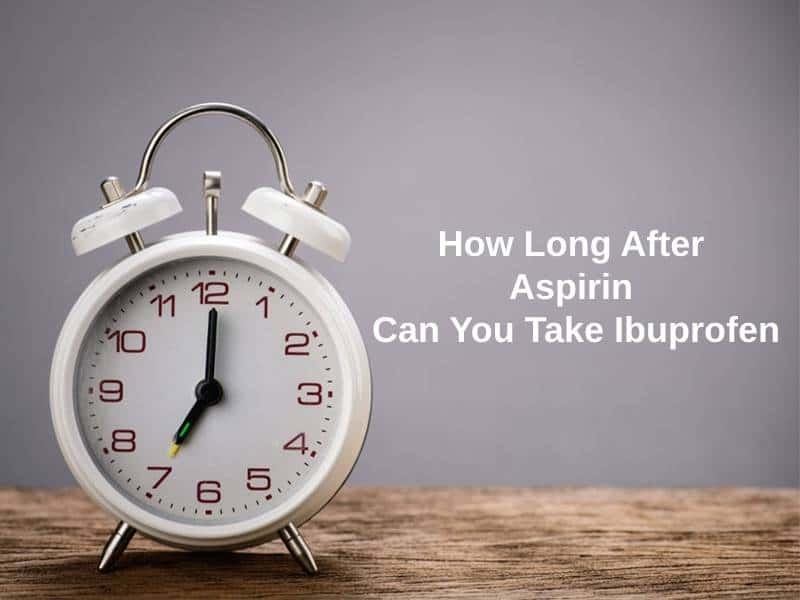
How Long After Aspirin Can You Take Ibuprofen?
| Order of taking the drugs | The duration between the two drugs |
| Ibuprofen after Aspirin | At least 30 mins |
| Ibuprofen before Aspirin | At least 8 hours |
Since aspirin falls under the category of NSAIDs, it is responsible for treating fever, mild to moderate pain, and inflammation when taken in high doses.
It is used to control and lower the risk of cardiovascular complications such as blood clot formation, high blood cholesterol, insufficient blood flow to the brain, heart or blood vessel disease, diabetes, high blood pressure, hypertension, heart attack, stroke, and more.
On a lighter note, it can also help with headaches, cold and flu, menstrual cramps, sprains or strains, migraines, and arthritis.
Also an NSAID, ibuprofen is a common painkiller that is recommended for a spectrum of pains. This includes toothache, headaches, back pain, muscle pain, arthritis pain, menstrual pain, and more. In addition, ibuprofen can also help reduce fever.
Aspirin can have dangerous interactions with various medications. These include anti-inflammatory painkillers such as naproxen, diclofenac, and ibuprofen. Another group of drugs that are advised to not take alongside aspirin, is selective serotonin reuptake inhibitors and antidepressants such as fluoxetine, citalopram, and more. In addition, aspirin is not recommended alongside blood-thinners like warfarin, and drugs that treat cancer and autoimmune diseases like methotrexate.

Ibuprofen also has a list of medications that interfere with the function of the drug. The list includes antihypertensive medication, anti-inflammatory painkillers such as diclofenac, naproxen, and more. Moreover, drugs like aspirin, tacrolimus, warfarin, digoxin, lithium, methotrexate, and selective serotonin reuptake inhibitors such as paroxetine, sertraline, and more.
One must always wait at least 30 minutes after aspirin to take ibuprofen, in order to avoid undesirable and dangerous side effects such as internal bleeding. As a side note, you can only take aspirin after at least 8 hours of taking ibuprofen.
Why Does It Take You That Long To Take Ibuprofen After Aspirin?
People with bleeding disorders like hemophilia, asthma, stomach or peptic ulcers, liver or kidney disease, and high blood pressure are advised to be incredibly cautious while taking aspirin. In addition, taking high-dose aspirin while pregnant is not recommended.
Some of the side effects of aspirin are indigestion, nausea, stomach or gut irritation, vomiting, bruising, stomach inflammation, stomach bleeding, and asthma symptoms that are getting worse. More risky side effects include bleeding in the stomach or brain, kidney failure, and in rare cases, a hemorrhagic stroke.
Ibuprofen won’t be recommended for those who have serious heart failure, peptic ulcer, or sensitivity to aspirin or other NSAIDs. In addition, it is not suitable for people with liver or kidney problems, asthma, heart failure, high blood pressure or hypertension, heart attacks, angina, peripheral arterial disease, stroke, stomach bleeding, and those who have had coronary artery bypass graft surgery.
Side effects of ibuprofen include diarrhea, nausea, vomiting, dyspepsia along with abdominal pain and indigestion, stomach or intestinal pain, dizziness, edema, bloating, high blood pressure, ulcers located in the digestive system, stomach inflammation, and intensifying symptoms of asthma. If people are allergic to ibuprofen, they may exhibit signs of asthma, wheezing, swelling in the face, rashes, hives, blisters, and red skin, and in dangerous cases, the patient may go into anaphylactic shock, which hampers their breathing.

When it comes to aspirin and ibuprofen, they must not be taken simultaneously as both of them are NSAIDs. Both drugs might result in the same side effects at the same time, which increases the risk of them. In addition, taking ibuprofen right after aspirin can hinder it from functioning effectively. This is because ibuprofen can interact with aspirin’s anti-clotting ability, to make it less effective at treating cardiovascular conditions.
Side effects of combining the drugs include flatulence, nausea, vomiting, and indigestion. Serious side effects like blistering and peeling skin; coughing up blood or blood in urine, stool, or vomit as signs of internal bleeding; swollen limbs; yellow eyes or skin as a sign of liver complications; joints that hurt; wheezing; tightness in chest or throat; difficulty in breathing; and swelling of the face and throat regions, are also possible.
In any case, you must immediately report to the doctor, to prevent further damage.
Hence, it is of utmost importance to wait at least 30 minutes after aspirin, to take ibuprofen.
Conclusion
Since both ibuprofen and aspirin are essentially from the same group of medications, they can result in the same side effects. So if they are consumed together, this doubles the intensity and the potential for these harmful side effects.
Taking these two drugs together can interfere with the proper function of these medicines.
In order to prevent suffering from these potentially dangerous side effects, it is important to always consult a doctor beforehand, and understand the guidelines to taking these medicines, and the dangers of not following these guidelines.
If you are in dire need of a pain reliever that does not interfere with aspirin, then a doctor recommends acetaminophen.


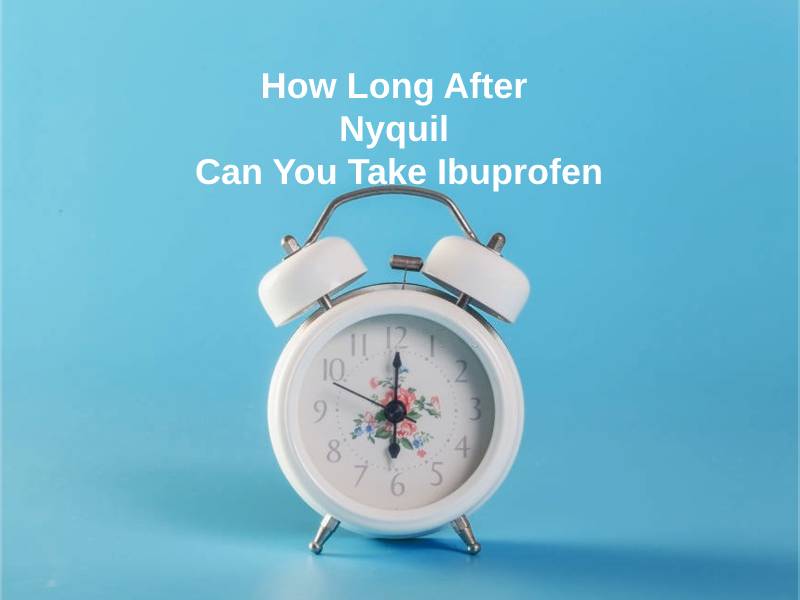
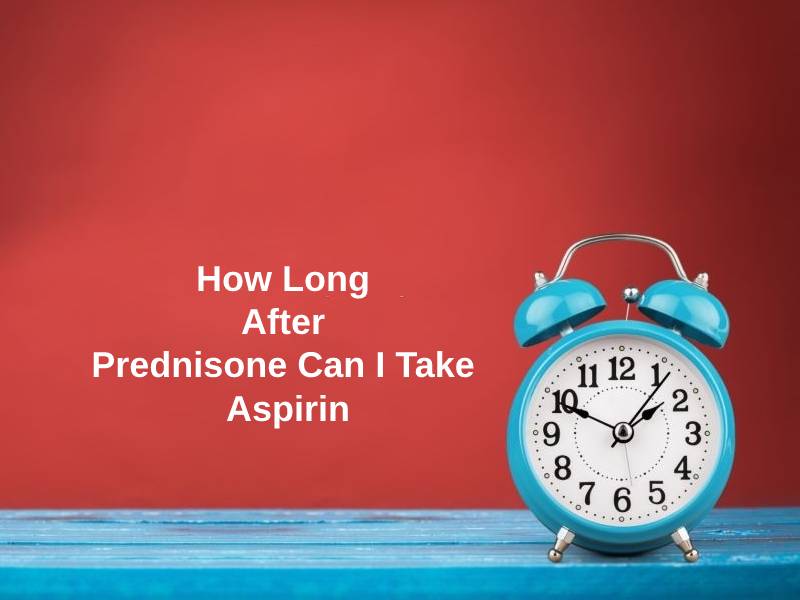
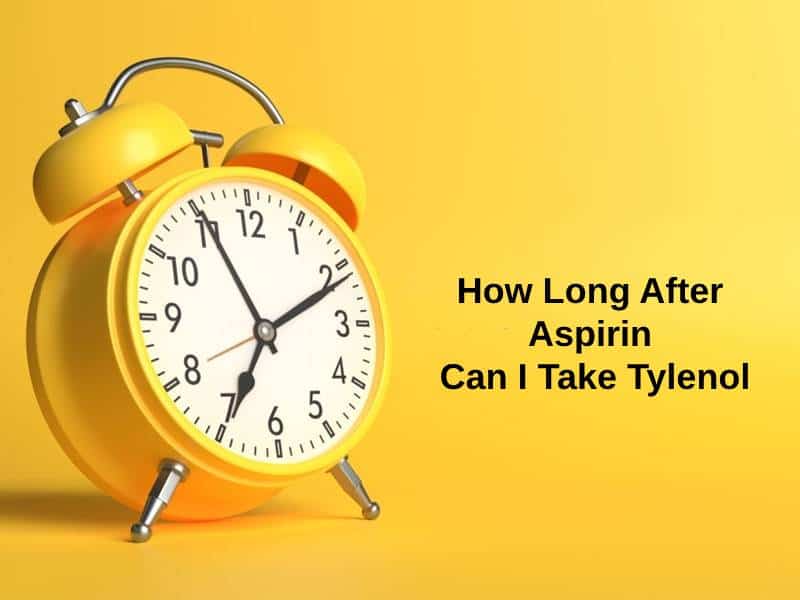
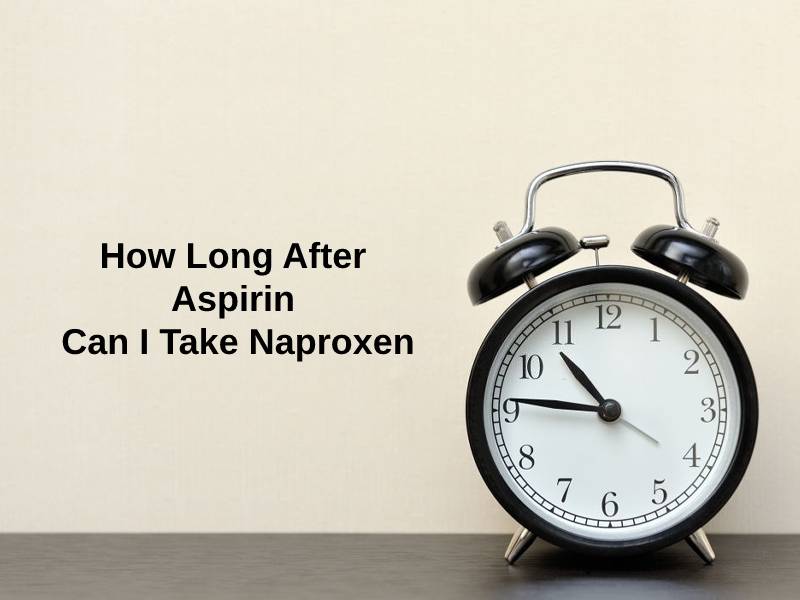
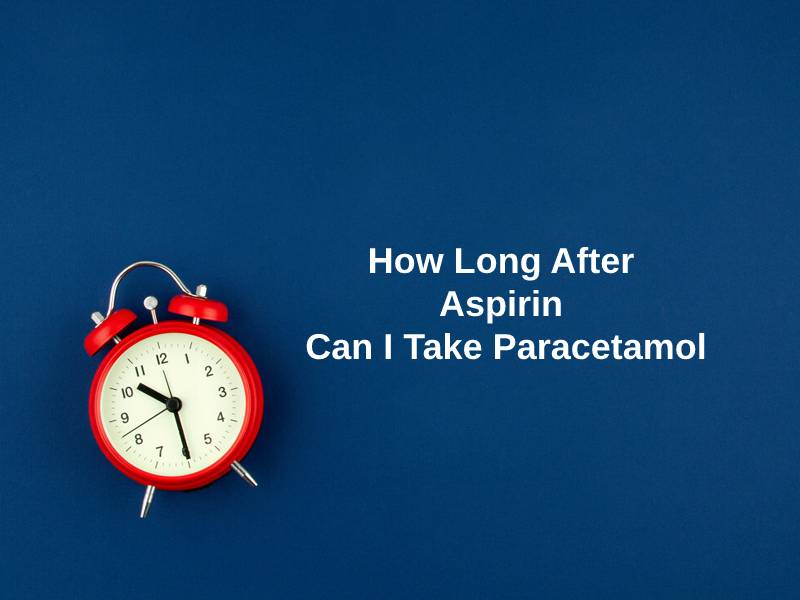
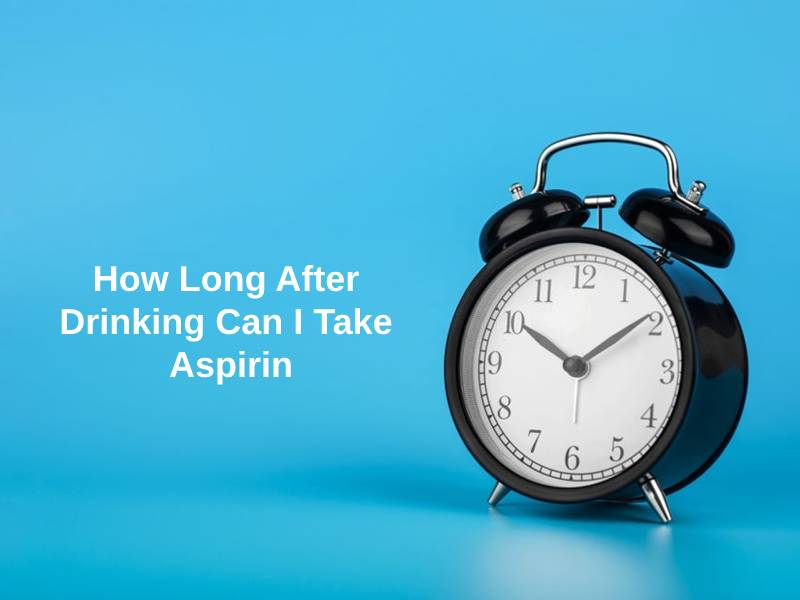
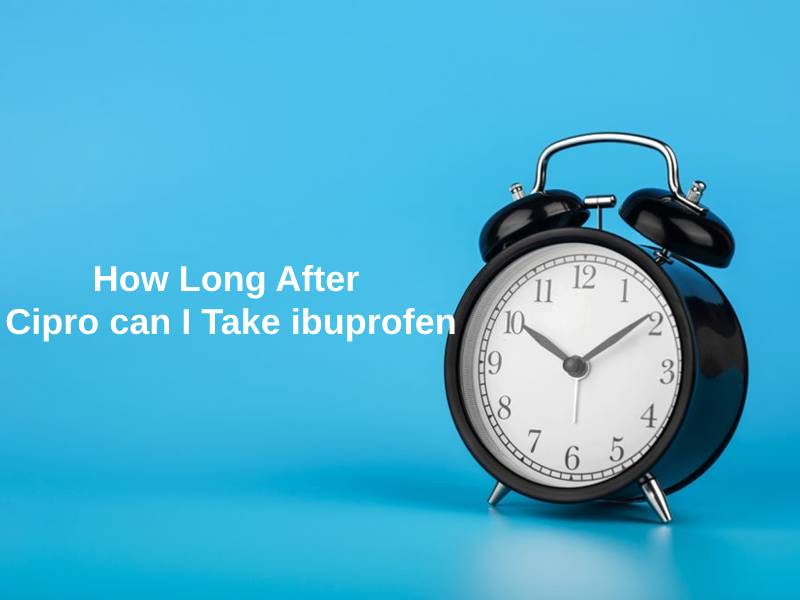
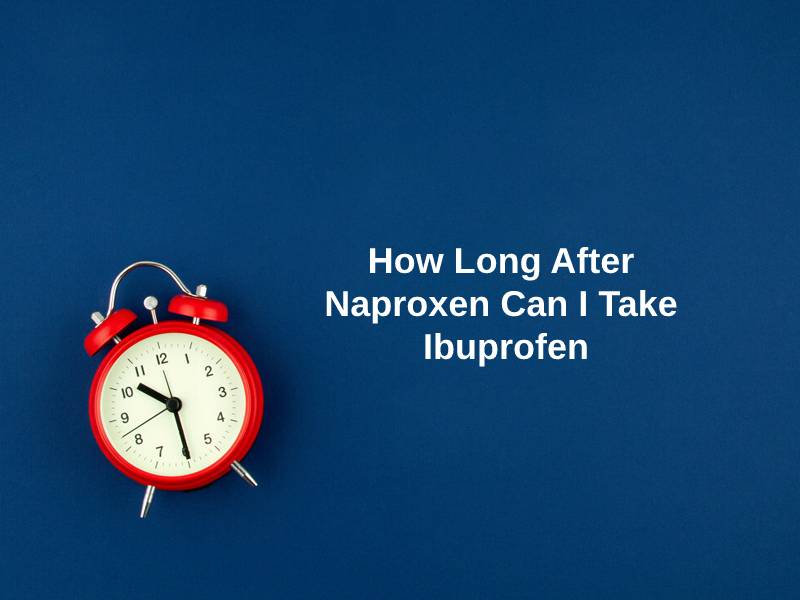
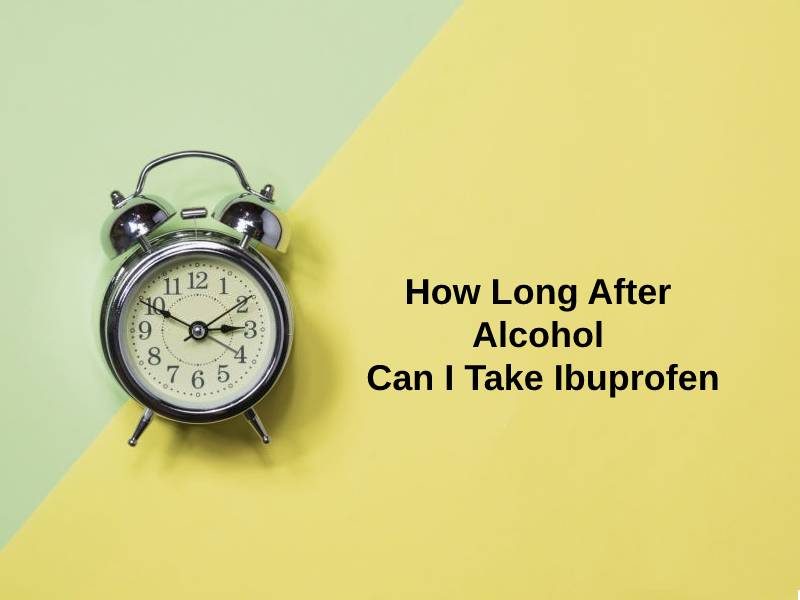
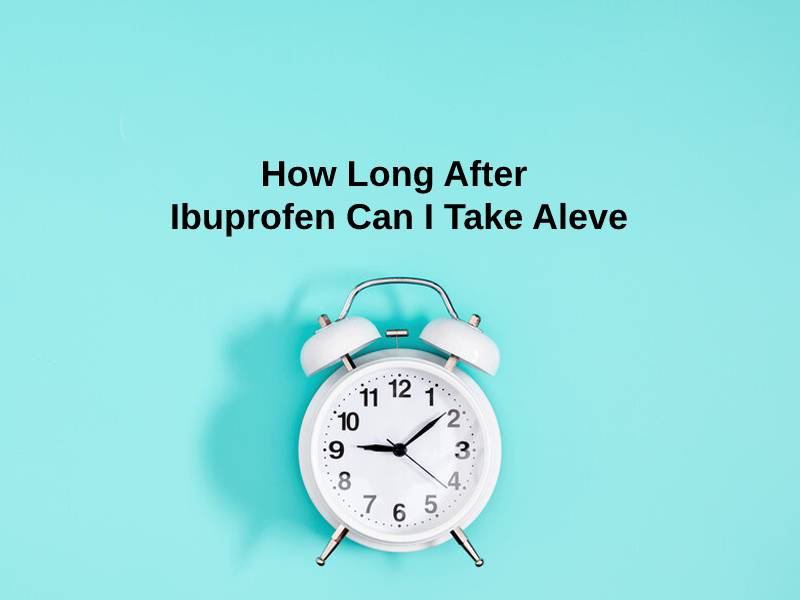




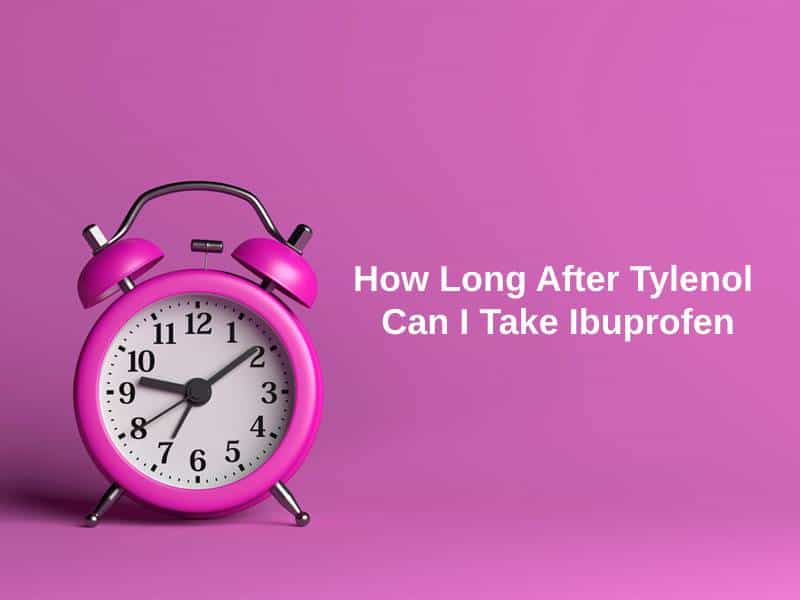
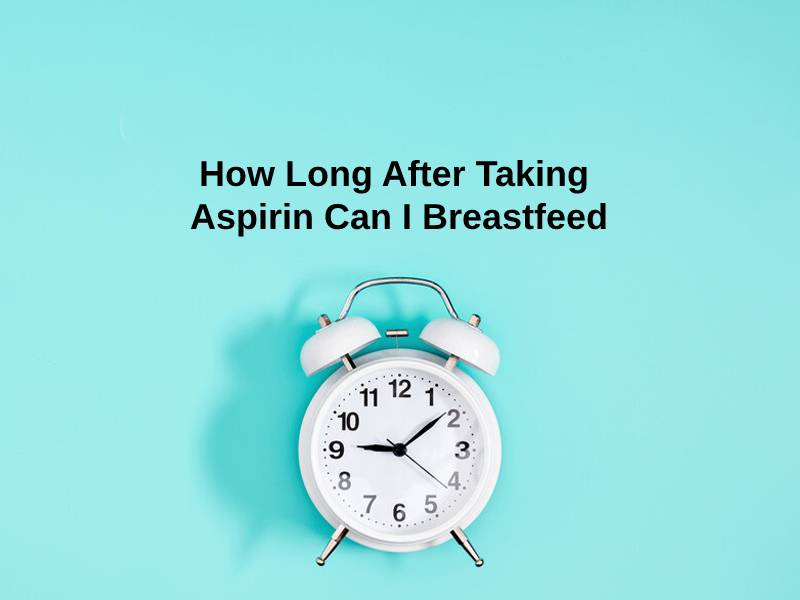



I knew about the interactions but didn’t know about the 30 minutes delay. This article was enlightening.
Thanks for the detailed information!
You’re welcome! I hope this article was helpful!
I can’t believe there are so many contraindications for these common medications.
I really appreciated the comprehensive coverage on the side effects.
This information is so crucial and it’s great to see it presented in an easy-to-understand way.
I wish I had known about this sooner.
I had no idea that the interactions between NSAIDs were so severe. This article was certainly enlightening.
I can’t believe how risky these 2 medications are. Wow!
I’m surprised about how delicate the balance between these medications is.
I can’t believe these are 2 over-the-counter meds and can interact in such a problematic way.
Yeah, it’s certainly concerning.
Really useful to know about the wait time between taking these medications. An important article.